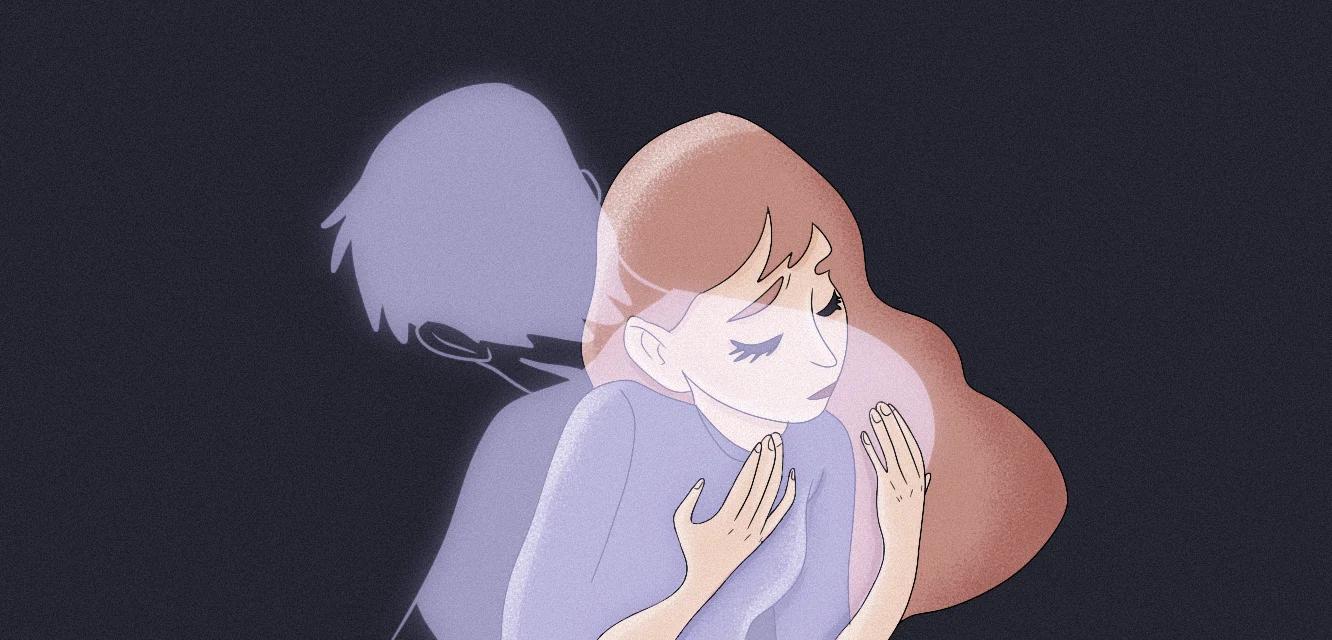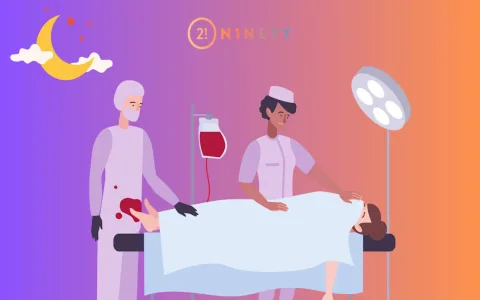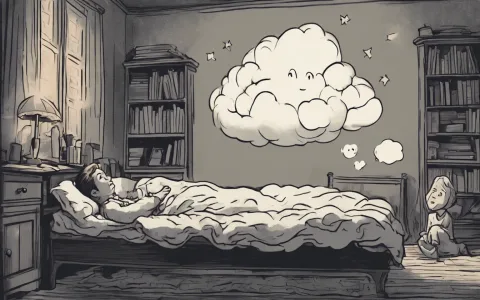A few days ago, I had an incredibly vivid dream about my grandfather, who passed away several years ago. He suddenly appeared in my dream, and I gave him a big hug. The feeling was so real—his warmth, his scent, even the way he patted my back felt crystal clear. When I woke up, I was drenched in sweat, my heart was racing, and my mind was filled with that image.
To be honest, I was a bit unsettled at first. After all, who dreams of hugging a deceased person so intimately? But the more I thought about it, the stranger it felt—this dream was too vivid to be random. So I decided: I should figure out what it means, especially from the perspective of our faith. Could it hold any special significance?
Don’t panic—record the dream first
My first instinct was to pour a cup of hot coffee, sit at the dining table, and open my laptop to search “What does dreaming about hugging a deceased person mean in Islam?” The internet was full of theories—some said it was a message from a loved one, others claimed it reflected unresolved emotions, while others got all mystical, talking about “heavy yin energy” and “being cautious.” But I didn’t rush to believe any of that; instead, I felt I needed to find answers from more reliable sources.
More importantly, I immediately pulled out the small notebook I always carried—the one dedicated to recording my dreams. I wrote down every detail: the clothes Grandpa wore, the expression on his face, whether we spoke, how long the embrace lasted. I even remembered the scent on him—a mix of old books and earth. These details mattered because within ten minutes of waking, I’d likely forget most of it.
After writing it down, I reread it and realized the focus of this dream wasn’t the “appearance of a deceased person,” but the act of “embracing.” My grandfather didn’t speak to me or frighten me; he just held me quietly. That feeling… how to describe it? It was like receiving comfort.
In Islamic culture, such dreams aren’t frightening
Many people tense up at the mention of “dreaming of the dead,” assuming it’s a bad omen. But according to Islamic dream interpretation resources I’ve researched, especially the views of traditional scholars like Ibn Sirin, dreaming of deceased loved ones isn’t necessarily negative—it often relates to your inner state.
The act of “embracing” in particular symbolizes emotional connection, reconciliation, or a need for comfort in dreams.If the person is a close elder like a parent or grandparent, it’s more likely that you’re missing some support in real life or haven’t fully let go of certain things.

I started thinking: Lately, I’ve been under immense pressure—work piling up, family troubles, always feeling tense. When my grandfather was alive, his most frequent advice was: “Don’t rush, take it slow.” So could this dream be my subconscious reminding me: You need to pause and catch your breath?
Another possibility is that I feel some guilt toward my grandfather. I wasn’t by his side when he passed away—work kept me from returning in time. Though years have passed, perhaps I’ve been carrying this weight all along. The embrace in the dream might be me reconciling with myself, telling myself: It’s okay, he’s already forgiven you.
I tried to “return” to that dream
To better understand my feelings, I did something else: during the day, I found a quiet spot, closed my eyes, and tried to recall the sensation of that embrace. I’m no meditation expert—I only sat for ten minutes. But strangely, when I focused on that image, my chest actually warmed up, and my whole body relaxed considerably.
This made me realize: this dream wasn’t meant to frighten me—it was meant to heal. Like when I fell as a child, and my mother’s embrace made the pain feel half as bad. Now that I’m grown, no one holds me like that anymore, but in my dream, Grandpa performed that act for me.
I recorded this experience in my notebook too, adding: “This isn’t fear—it’s longing, and it’s release.”
So what exactly was this dream trying to tell me?
After sorting through it, I grasped a few key points:
- This isn’t a bad thing—it might actually be a good sign. In traditional Islamic understanding, dreaming of loved ones, especially in a gentle way, often means their souls are at peace. It also shows you still remember them, which is a positive thought.
- The embrace signifies your need for emotional support. Perhaps your life is too busy or exhausting now, leaving no one to truly listen to your heart. The dream is your inner voice crying out: “I need someone to care.”
- It might also be helping you process past regrets. Like not getting to say goodbye, or leaving unsaid words like “I’m sorry” or “I love you.”The dream offers you a chance to make amends, even if only psychologically.
- Consider it a gentle reminder: Pray more, reflect on your life’s pace. Grandpa may not speak in the dream, but his actions show you how to live—more gently, more slowly.
How do I view this dream now?
Honestly, I was a bit scared right after waking up. But looking back now, I find the dream quite warm. It reminded me of Grandpa’s kindness and made me face my own recent state. After that night, I started spending ten minutes each day sitting quietly, reflecting on how my day went and whether I’d been too hard on myself.
I also went to the mosque to offer du’a (prayer) for Grandpa and made a charitable donation, hoping he finds peace. After doing these things, my heart truly felt much lighter.
So if you have a similar dream, don’t rush to scare yourself. First, calm down, remember the dream clearly, then reflect on whether your life has been too tense lately, or if there are emotions you’ve been bottling up without processing.
Dreams aren’t prophecies or ghost stories—they’re more like a mirror held up to your heart, revealing corners you hadn’t even noticed.
This embrace might not come from another world, but from the deepest part of your own heart—that part of you that’s always longed to be comforted.













